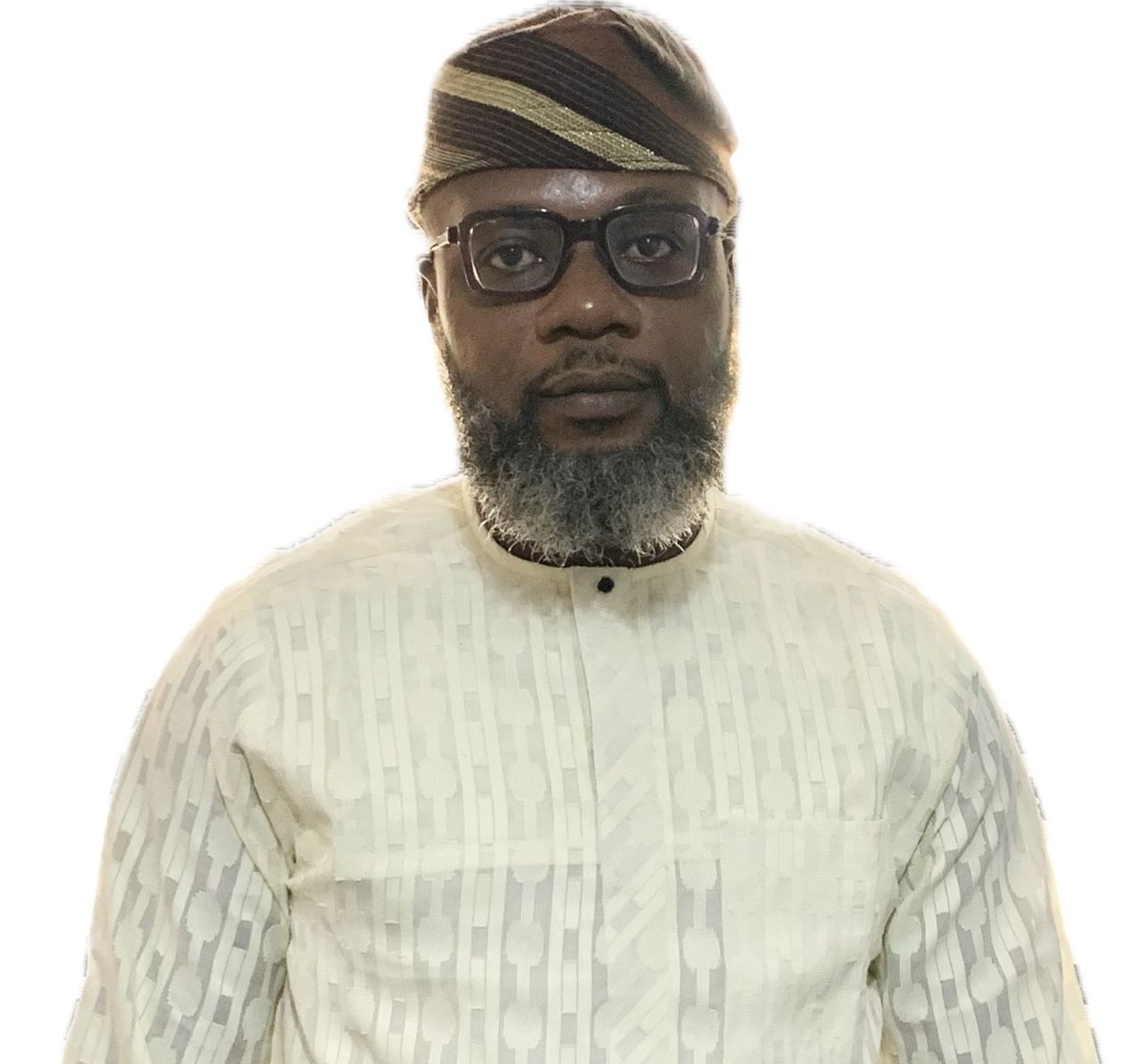Reassessing Whistleblowers Protection Bill and Its Passage. By Olushola Omogbehin

Reassessing Whistleblowers Protection Bill and Its Passage

The recent expression of grief by the Chairman of the Economic and Financial Crimes Commission, Mr Ola Olukoyede on the craze for gratification and quest for bribe by some of the investigators in his commission, has re-opened before us a similar book of lamentation two years ago by his predecessor, Abdulrasheed Bawa, on the dearth of whistleblowers during a town hall meeting in Awka, Anambra State. In the meeting that was meant to strengthen the capacity of stakeholders on whistle-blowing policy, Bawa hinged his lamentation on the gradual dwindling of the tempo of the policy in spite of the huge success that heralded its commencement, vis-a-vis the whopping sum of money generated into government coffer through it. As an African proverb posits that the hand does not fist for nothing, it would not be inappropriate to flex some muscles on the reason for the decline of this great government initiative despite what Bawa called handsome reward to informant.
Corruption, having been seen as the greatest challenge to the stability of Nigeria, different people across different fields of human endeavour, including anti corruption crusades in several parts of the world has defined it in many ways. As some perceive it as an abuse of public office for private gain, others see it as an ignoble misuse of public asset and gross embezzlement of public fund. But in the determination of the administration of former President Muhammadu Buhari to wipe out the different phases of corruption in Nigeria, a Whistle-blowing Stopgap Policy was initiated within the public sector with the aim of inspiring the reporting of financial misappropriation and mismanagement of public asset so as to bolster transparency and accountability in the public space.

Inaugurated by Federal Ministry of Finance in 2016, Whistle-blowing Stopgap Policy was also to serve as an interim measure for providing incentive to individuals willing to disclose information pertaining to the activities of any corrupt person. This was basically aimed at commencing a process that would discourage, reduce and in the long run put an end to the various shades of corruption such as collecting and soliciting for bribe, fraud and embezzlement so that our commonwealth can be put into common use.
True be told, the policy did work according to projection when it was first launched as various financial misappropriations were discovered with corresponding financial recoveries made in different currencies. The commission was also able to prosecute and convict people in the upper echelons of the society due to the echo from the whistle of whistle-blowers. Report has it that within the first few months of introducing whistle-blowing policy, June 5, 2017 to be precised, the Federal Ministry of Finance received 2,150 tips from the public. While 128 tips came via the website of the ministry, 1,192 were received by phone calls, 290 through mail and 540 through SMS. By a month after i.e July/August of same year, about 5,000 tips were received. Sad enough, this cadence reduced drastically because of lack of adequate protection to the blowers as there were widespread cases of comeback attacks against whistle-blowers such as job lose, denier of benefit at work place and many more.
Fresh in our memory in this direction, was the suspension of the former Governor of the Central Bank of Nigeria (CBN), Sanusi Lamido Sanusi for financial recklessness and misconduct after he made a revelation during the administration of former president Jonathan that USD 20 billion had not been accounted for out of the USD 67 billion of oil sold by the Nigerian National Petroleum Company between January 2012 and July 2013. Another victim of this policy is Aliyu Ibrahim who was fired after he reported a contract fraud within his company and of cause, Ntia Thompson who was also fired for reporting the misappropriation of over USD 200, 000. Though Thompson was later restored into his position, but transferred to another department with regular battles of unpaid salaries. So, with the preliminary success of the policy in the area of reporting whereby EFCC was able to recover so much loot into treasury, the victimization of innocent blowers remained a serious challenge that government must address in order to protect them statutorily and also drive smoothly, the already growing whistle-blowing movement.

With established record of the various attacks against whistle-blowers, the need for a strong statutory backing became necessary in order to protect innocent victims and keep the initiative on. Hence the different Whistle-blowers Protection Bills of 2008, 2011, 2015 and 2017 with none unfortunately able to become law due to politicking. The most recent of all, the 2019 Whistle-blowers Protection Bill, did not come without its overabundance limitations that still put the life of blowers into degrees of dangers such as we have seen above. This article therefore draws attention to some of the shortcomings of the 2019 Whistle-blowers Protection Bill that must be promptly acceded to before it becomes law
The bill first among other things blatantly betrays its name as it does not protect the identity of whistle-blowers. A situation where the name of a blower is revealed to the public automatically endangers his life. As corruption usually fights back, the revelation of a blower’s name to the public would make the high and mighty whose names have been revealed go after whoever revealed their names. Though ICPC in section 64 (1) covers up this flaw by providing for the protection of whistle-blowers’ identity but there is need for the bill which is an entity to be self sufficient in protecting people without necessarily relying on any other body. Under section 3 of the bill, the person making disclosure can only enjoy protection as long there is any reason to believe in the information released. This means that fact must be established before a protection is given to any blower without stating the duration of investigating and establishing such fact. The mere fact that the whistle-blower would be left without protection throughout the period of investigation considering the endlessness of litigation in our courts opens that portion of the bill to moderation before it is passed into law.
In section 16(d) of the bill, as soon as an investigation is activated, a punishment of one year imprisonment or a fine of N100, 000 awaits any blower that gives misleading information. This of course discourages intending blowers and at the same time gives caution about giving of misleading information while section 24(1), does not remove the liability from individual who have participated in the improper conduct but then chooses to disclose. This of course raises an interesting dilemma because sometimes admittance to the details of the improper conduct is often obtained through participation in it.
Under the 1996 Employment Right Act of the United Kingdom, section 43 sub-sections (c), there exists both internal and external reporting mechanism but the Nigeria’s 2019 bill centers only on external mechanism as seen under section 4. This section should be re-examined and perhaps include another provision that will mandate both public and private organizations to have in-house officer that whistle-blowers can disclose their information before going to the public. Apart from in-house or internal mechanism (if introduced) curbing the revelation of misleading information to the public, it will enable the whistle-blower to decide if such crime is enough to be reported which will then give room for internal evaluation of the cost and profit of speaking up. This process will also prevent whistle-blowers from being opened to attack because releasing false information would automatically open them up for attack. Another merit of internal mechanism is the removal of inherent problem of where to channel report and also gives birth to a system within organizations that will address wrongdoings. In all, this mechanism would also serve as the eagle eyes of EFCC in every organization thereby serving as a check to workers and make the fight against corruption more effective.
Another interesting aspect of the bill that should be looked into is the volatility of the amount to reward with. The 2016 stopgap policy presents 2.5 or 5 per cent of the recovered asset but the bill reduces it to 1.5 per cent if the asset is less than NGN1 billion and 1 per cent if over NGN1 billion without providing any reason for the variation. If whistle-blowers are protected, the protection of their family is also important because if a blower can run as an individual, his family would be the nest target. The protection of whistle-blowers and their family is therefore very important to the survival of the whistle-blowing policy because if people are not assured of the safety of their family, no whistle would be blown. These and more provide evidence that 2019 Whistle-blowers Protection Bill needs modification and clarity to be able to offer more robust protections for whistle-blowers and their families.
Moreo, as the joy of every genuine whistle-blower is to see that the perpetrator is adequately punished, when the reverse becomes the case, the zeal to report will reduce and the momentum dies a gradual death. Going forward therefore, President Bola Tinubu and our dear National Assembly must first see that these challenges are adequately addressed. As the process and the overall attitude towards enacting whistle-blowing protection law in Nigeria question the sincerity of government in creating a comprehensive policy to encourage and to protect whistle-blowers, efforts must be concerted to ensure that 2019 Whistle-blowers Protection Bill is passed into law. But just before that, they must see to the need to modify the provisions surrounding in-house or internal reporting mechanism and protection of the character of whistle-blowers before it finally becomes a law.
Also, legal consideration for whistle-blowers in Nigeria should mirror the broader global perspective that will raise an environment where people can boldly come up to help their society with their truth. This legal channel must be constantly explored so as to uphold the culture of accountability and commitment to good governance because whistle-blowers are critical to the development of a nation like Nigeria where corruption has become part of our lives. They must be assured of their protection. Such legal fortification of whistle-blower would also encourage transparency and ethical standard among Nigerians because whistle-blowing is one of the ways to recruit everybody in every office into the fight against corruption. By so doing, a good protection mechanism will apart from hide their identity from public glare, also encourages them to come up and say something whenever they see something.
Olushola Omogbehin a Public affairs analyst writes from Abuja Nigeria. omogbehino@yahoo.com 08069220040.



